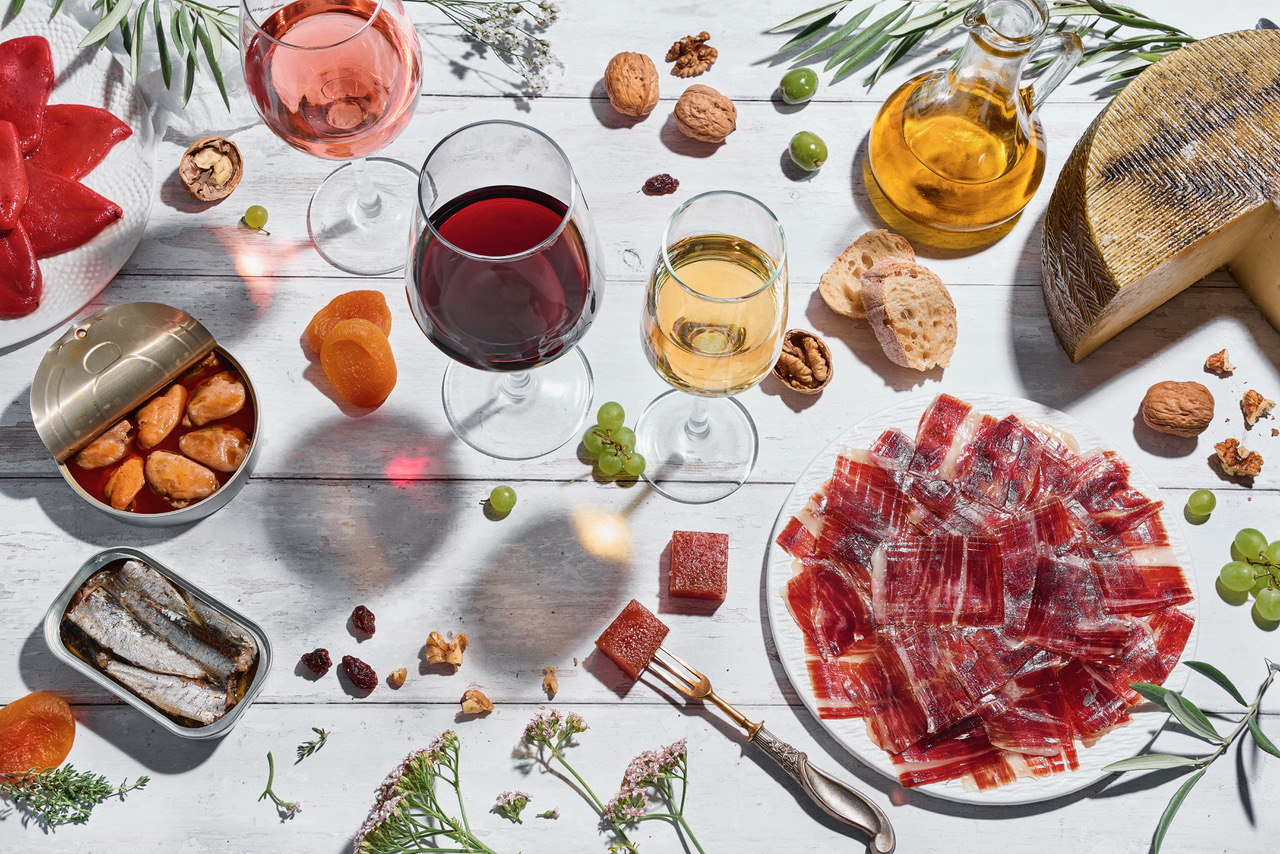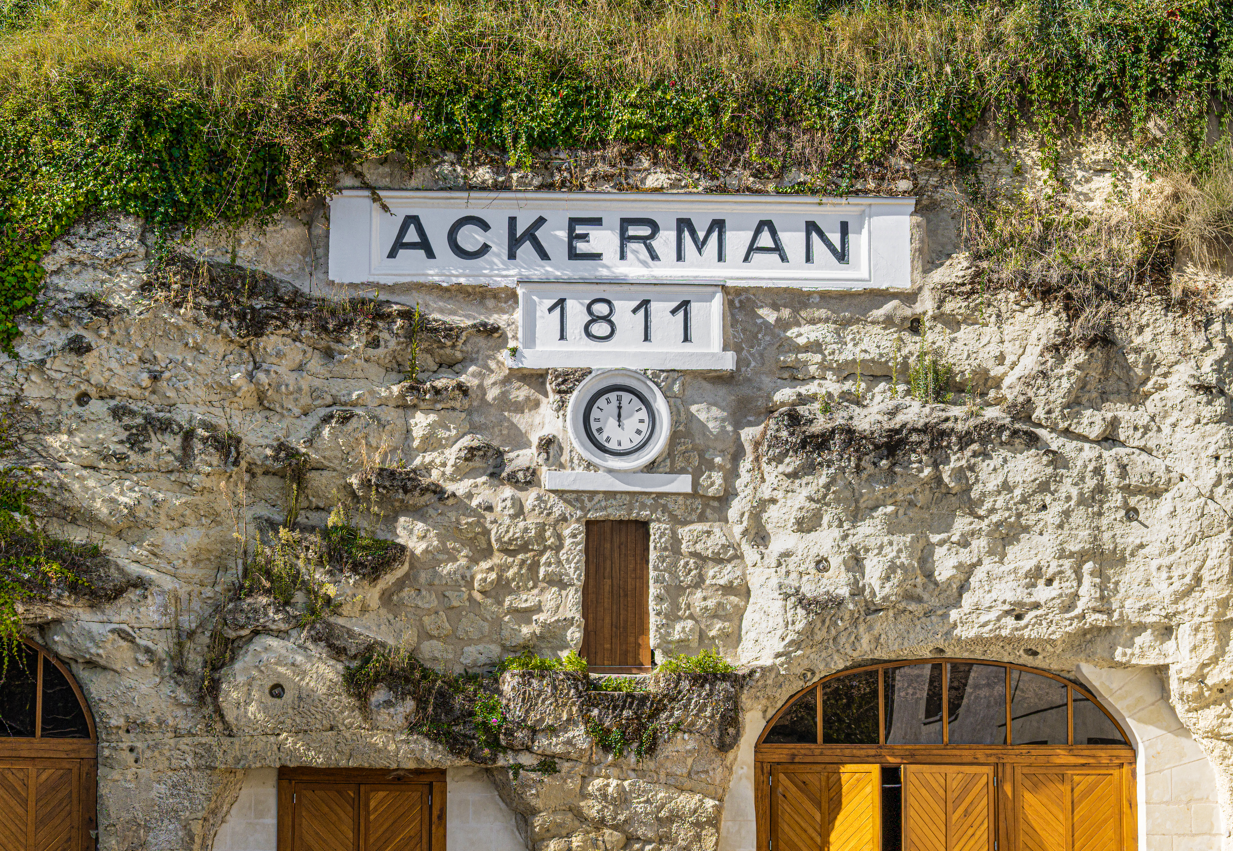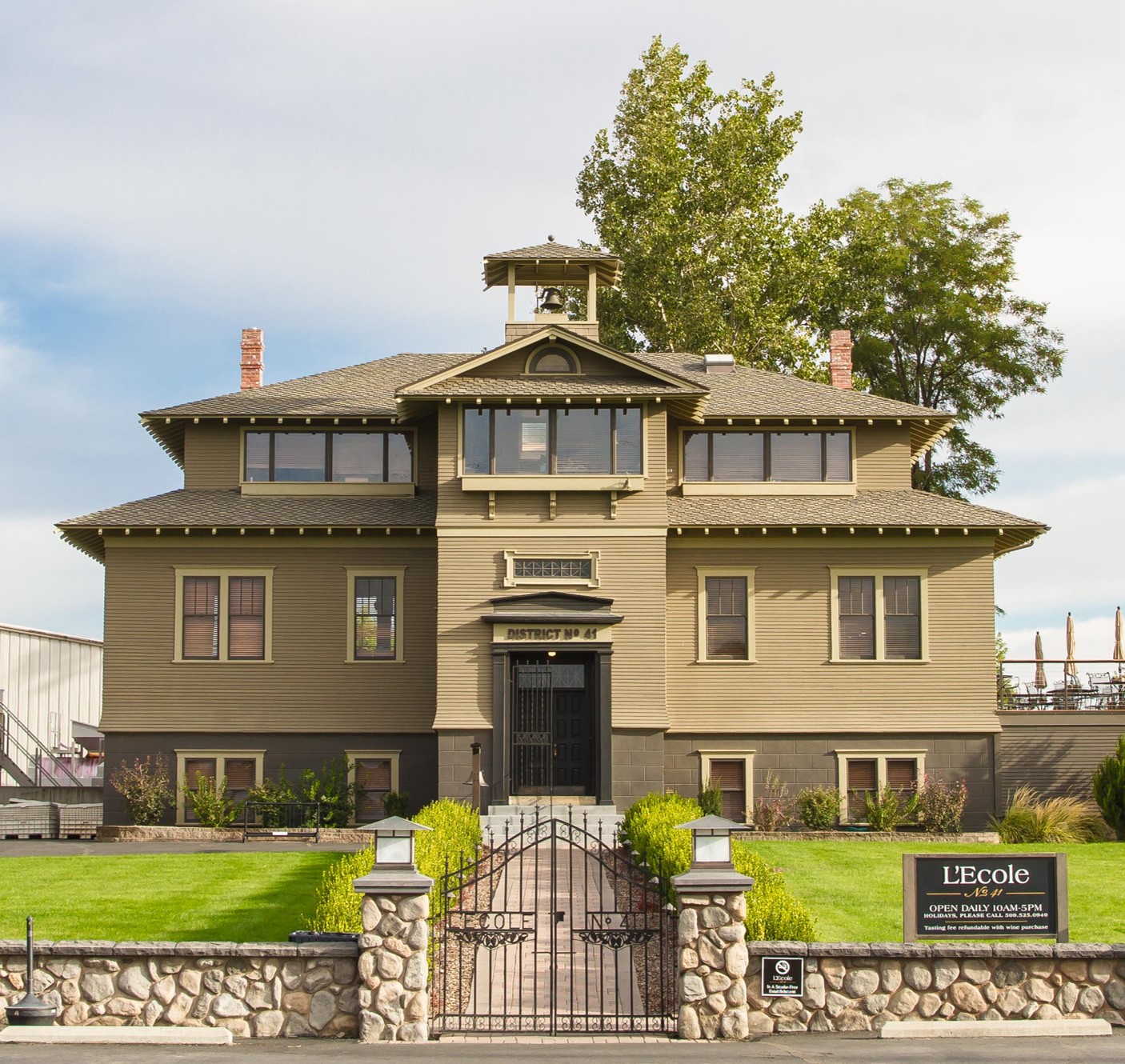Registered beer trademarks rise by 19% in a year
London law firm RPC has revealed that the number of trademark registrations for beer in the UK has risen by the highest level since 2007, a development the company states is due to the ‘craft beer revolution’.
The number of new trademark registrations in the UK for beer brands has risen from 1,666 in 2015 to 1,983 in 2016.
RPC has stated that the last time trademark registrations grew at such a rate was in 2007 when 968 were recorded. Since 2007, therefore, trademark registrations have increased by 104%.
Expanding on its conclusion, RPC has revealed that a major driving factor behind the increase is supermarkets and other drinks/beer giants entering the craft beer market.
This year, UK retailer Waitrose announced it was increasing its range of speciality, craft and international beer by 27% in response to similar moves by Tesco (boosted range by a third), The Co-op, Asda (added 100 new craft beers), Aldi (added 16 new craft beers), Sainsbury’s and Marks & Spencer. In March, Heineken released a craft beer ‘for non-craft beer drinkers’ while Carlsberg UK publishes an annual catalogue called Crafted featuring its portfolio of craft beers.
Research from UHY Hacker Young has revealed that a total of 520 new breweries opened in the UK last year, rising by 33% on the previous year where new breweries numbered 336.
Jeremy Drew, a commercial partner at RPC, commented: “The craft beer sector has been booming – and now there are not only a number of new entrants, but also more established breweries, larger drinks corporations and supermarkets all wanting to establish a share in the market. With more players in the market it’s becoming more important that companies protect their intellectual property.”
“This is an innovative area of the market as well as a fast growing one. Craft beer brands are often prized by consumers for their unique methods of brewing or the original ingredients used. However, much of this does not lend itself to protection by registration and so the brand name and look of the packaging takes on much more significance in terms of protecting advantage at the point of sale”.
RPC added that with the number of trademarks on the rise, ‘copycat/brand conflict’ disputes – such as Brewdog’s court battle with the Elvis Presley Estate over the naming of its Elvis Juice IPA – are also likely to escalate.
Drew added: “The nature of the craft beer market presents certain IP challenges. Rather than one flagship brand, consumers seem to be interested in a range of more differentiated products and brands – but this means a greater chance of similar brands clashing.”
Partner Content
“Legal disputes can be costly and disruptive so it is sensible for businesses to ensure they are protecting themselves from the outset but also being sensible about what fights they choose to take on.”
Punk brewer Brewdog has this year been embroiled in two trademark disputes. The first related to its vodka brand Lone Wolf and a pub in Birmingham with the same name. After issuing a legal warning to the pub, the brewer later apologised following pressure on social media.
In July, the Scottish brewer also lost its battle with the Elvis Presley Estate over its grapefruit and blood orange Elvis Juice IPA. During the dispute, founders James Watt and Martin Dickie changed their names to Elvis by deed poll.
Fellow Scottish brewer Tempest Brewing Co. also announced it was renaming its Bomber IPA following a trademark dispute with an unnamed “regional English brewery”.
It could be argued, however, that such conflicts are also increasing in other sectors of the drinks industry.
In June this year, Diageo filed a lawsuit against US-based Deutsch Family Wine & Spirits over the bottle design of its Redemption whiskey brand, which it claims had been “revised to closely mimic” the appearance of its own Bulleit Bourbon brand.
One month later, Crystal Head vodka, owned by actor Dan Akroyd, submitted a letter of claim to a British couple who make a hot sauce packaged in a skull bottle.
Also in July, Villa Maria announced that it was not taking action against Sainsbury’s own-label brand Villetta, despite its strikingly similar appearance.




